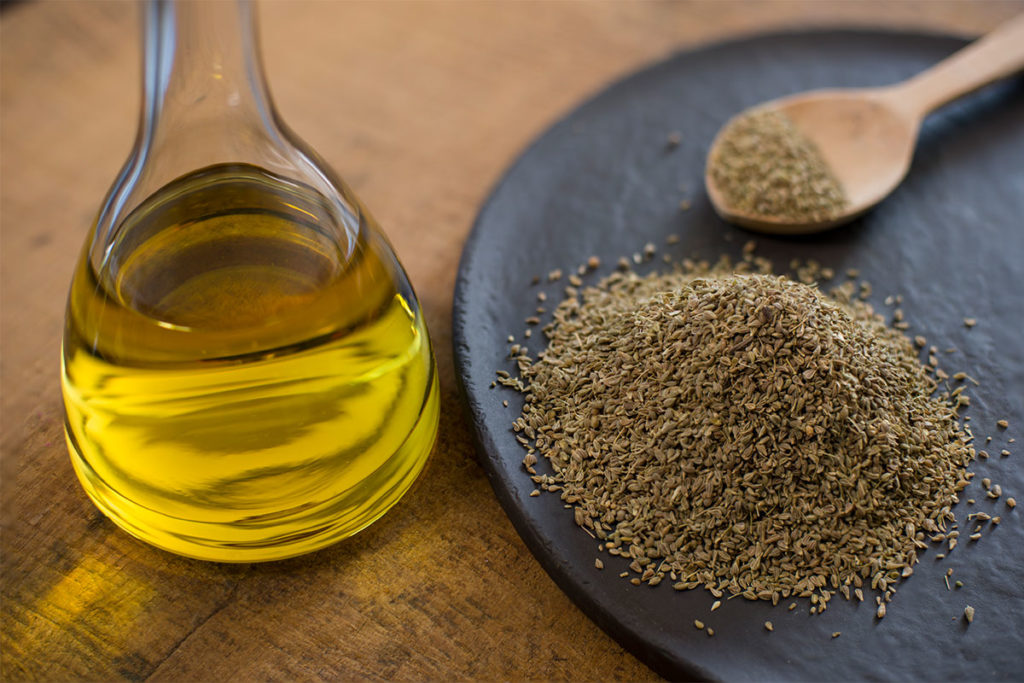Anise Essential Oil: Turkey’s Rising Star in Global Production and Supply
Anise essential oil is a highly aromatic oil recognized for its sweet, spicy, and licorice-like fragrance. It is widely utilized across various industries including perfumery, flavoring, and cosmetics. Among the leading producers worldwide, Turkey stands out as an emerging key player. The country’s unique climate, fertile lands, and traditional farming practices make it an ideal region for cultivating anise, contributing significantly to the global supply of anise essential oil.
Ideal Growing Conditions in Turkey
Turkey’s geographic diversity, especially regions like Central Anatolia and Southeastern Anatolia, offers optimal conditions for anise cultivation. These areas benefit from warm summers, mild winters, and well-drained soils that promote healthy plant growth. The natural environment allows anise seeds to develop a rich aromatic profile, essential for producing high-quality essential oil. Turkish farmers have adapted to these environmental factors by timing sowing and harvesting carefully to optimize seed maturity.
Traditional and Modern Cultivation Practices
In Turkey, anise farming blends centuries-old agricultural knowledge with contemporary methods. Local farmers carefully manage water usage, soil fertility, and pest control to enhance crop yields. Harvesting occurs once the seeds have fully matured, ensuring maximum oil content and aromatic quality. After harvesting, seeds undergo drying and preparation processes before being sent to distilleries, where essential oil extraction takes place through steam distillation—an industry-standard method in Turkey that preserves the oil’s natural scent.
Turkey’s Role in Global Anise Essential Oil Market
Turkey’s anise essential oil industry has witnessed significant growth in recent years. Thanks to its rich natural resources and skilled workforce, Turkey supplies a considerable portion of the global market’s demand. Turkish anise oil is recognized internationally for its authenticity and consistent quality, reflecting the country’s favorable growing conditions and sustainable harvesting techniques. The nation’s strategic location also facilitates efficient export routes to Europe, Asia, and beyond.
Economic Impact on Rural Communities
Anise cultivation and essential oil production contribute substantially to Turkey’s rural economy. Many farmers in Anatolia depend on anise as a vital cash crop, especially in regions where agricultural diversification options are limited. The seasonal nature of anise harvesting provides employment opportunities and supports local economies. Furthermore, processing facilities and related industries, such as packaging and distribution, add value and create additional jobs, encouraging regional development.
Sustainability in Anise Farming
Sustainable farming practices are gaining traction within Turkey’s anise production sector. To protect natural resources and ensure long-term viability, farmers adopt crop rotation, organic soil management, and careful water conservation measures. These practices help maintain soil health and biodiversity, aligning with global trends toward environmentally responsible agriculture. By promoting sustainable anise cultivation, Turkey not only supports ecological balance but also meets growing consumer demand for ethically sourced products.
Cultural Significance of Anise in Turkey
Anise holds a cultural significance in Turkey beyond its commercial value. The herb is deeply embedded in Turkish culinary traditions and local customs, influencing the persistence of anise farming across generations. This cultural heritage enhances the country’s expertise and dedication to maintaining high-quality anise production, supporting its position in the global essential oil market.
Challenges and Opportunities
While Turkey’s anise essential oil industry is expanding, it faces challenges such as climate variability, market competition, and the need for improved post-harvest processing. Addressing these issues through innovation and investment will be key to sustaining growth. Opportunities lie in expanding export markets, adopting advanced agricultural technologies, and developing value-added products, all of which could elevate Turkey’s global standing further.
Turkey’s role in anise essential oil production continues to grow, driven by favorable growing conditions, traditional expertise, and sustainable practices. The country is well-positioned to meet increasing global demand while supporting local economies and preserving cultural heritage. As Turkey advances its production capabilities and expands export networks, its influence in the global essential oil market is set to strengthen, promising a bright future for Turkish anise essential oil.
Product Information
Crop: Cultivated
Parts used: Seeds
Extraction method: Steam distillation
Quality: 100 % pure and natural essential oil
Industry used: Dietary/Nutritional Supplement, Phytotherapy, Aromatherapy, Cosmetic, Perfume, Feed and Agricultural industries.
Packaging: Food grade barrels in various sizes or Glass bottles with orifice reducer caps
Country of origin: TÜRKİYE



